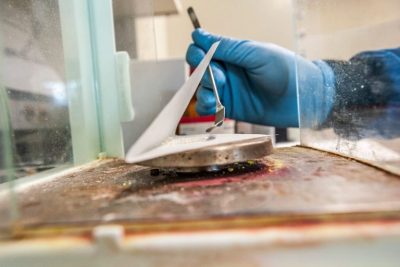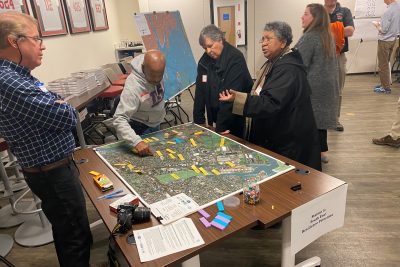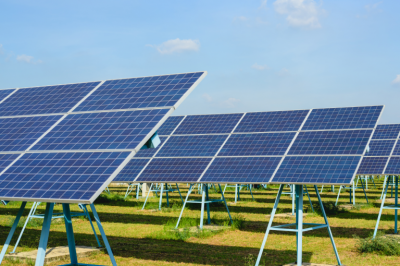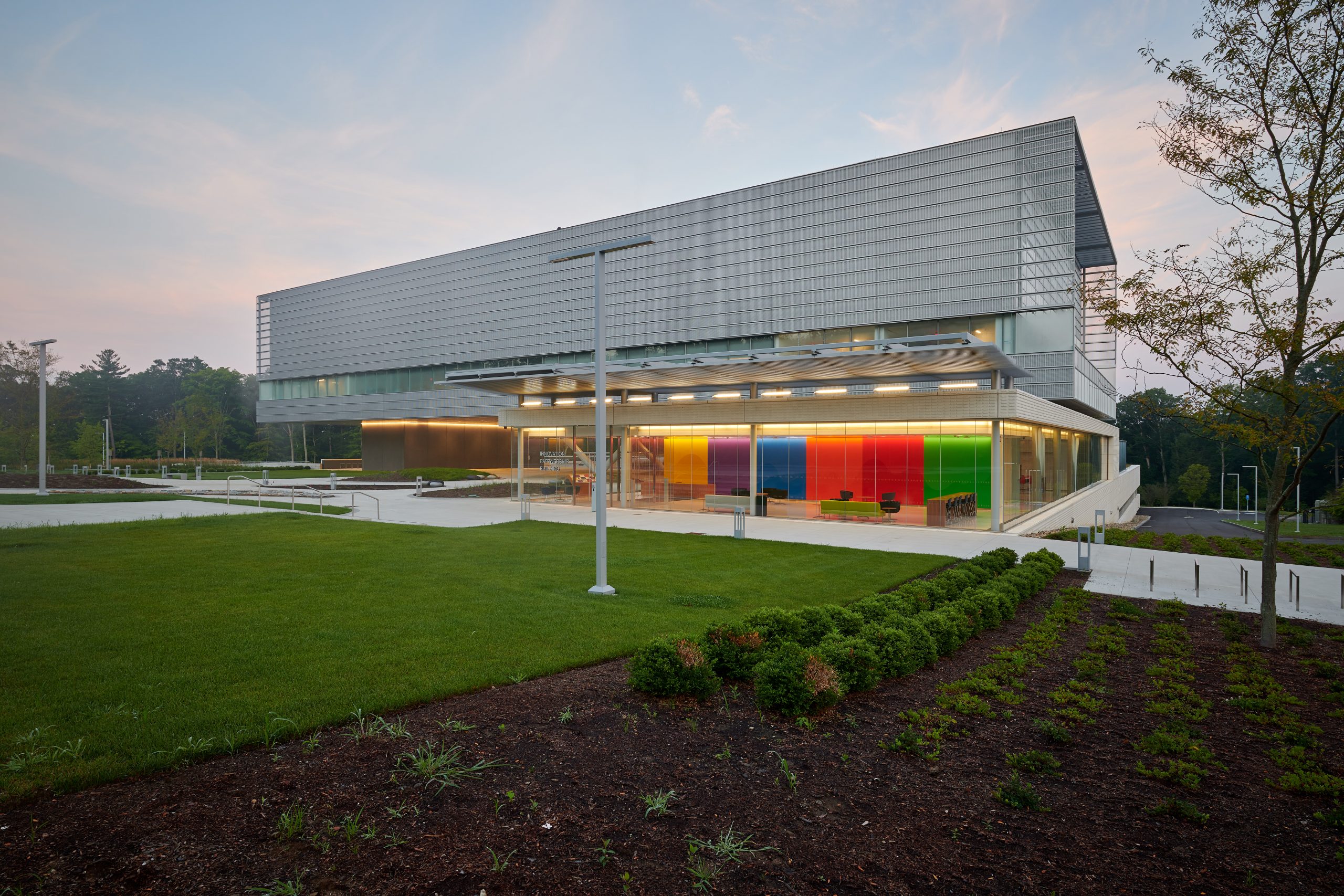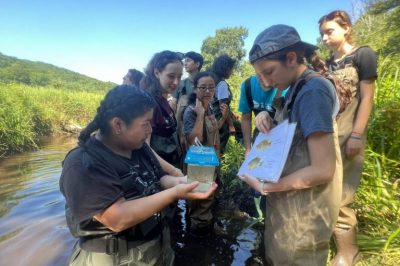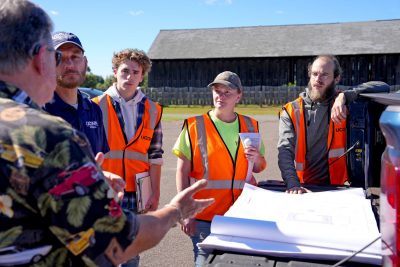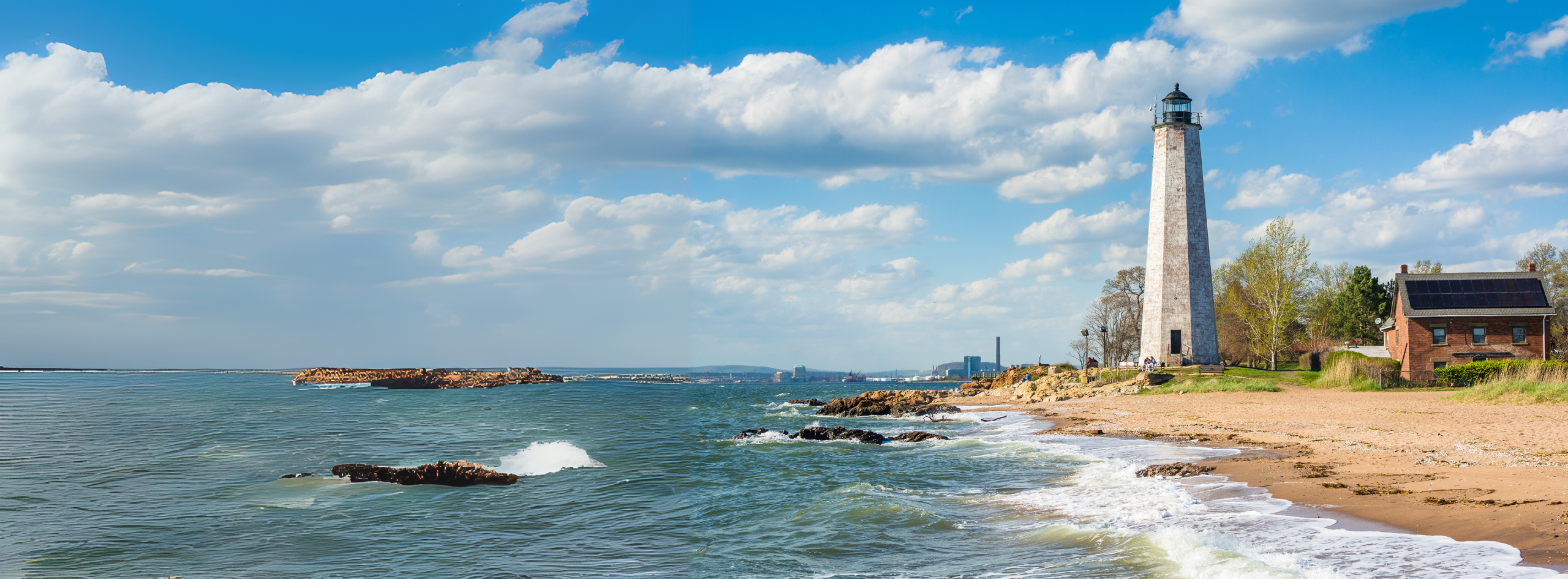
WELCOME TO IoEE
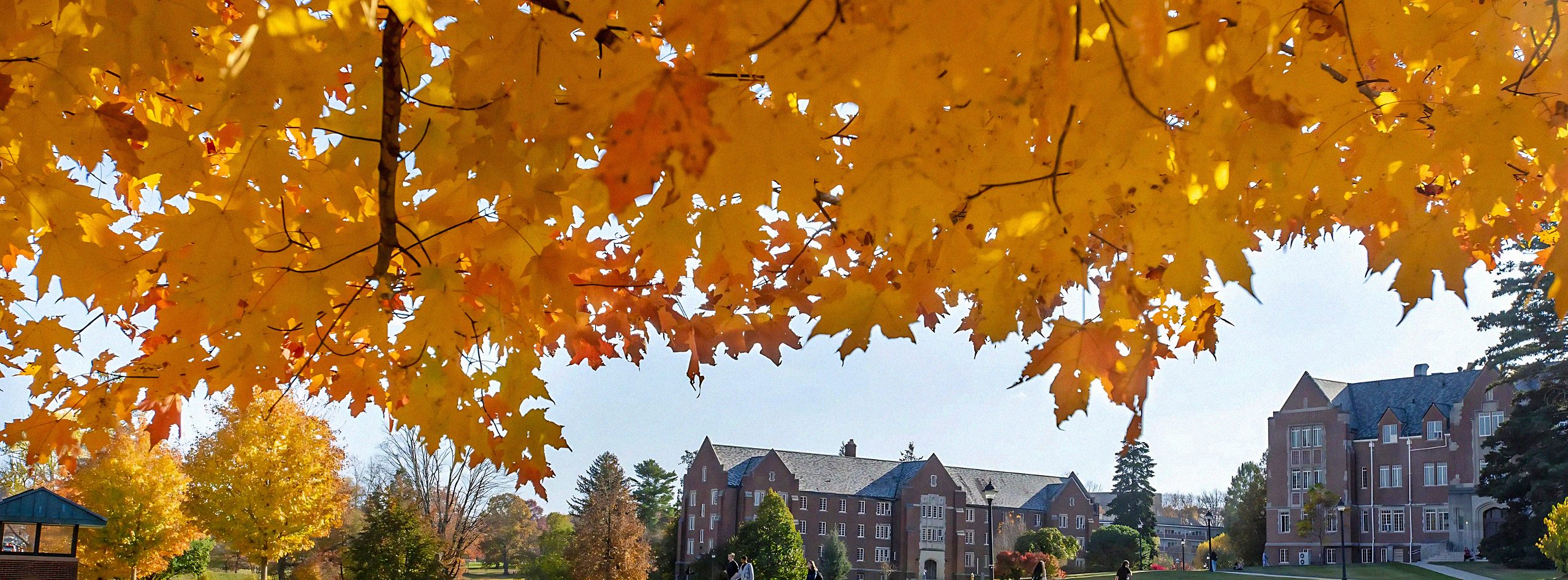
WELCOME TO IoEE
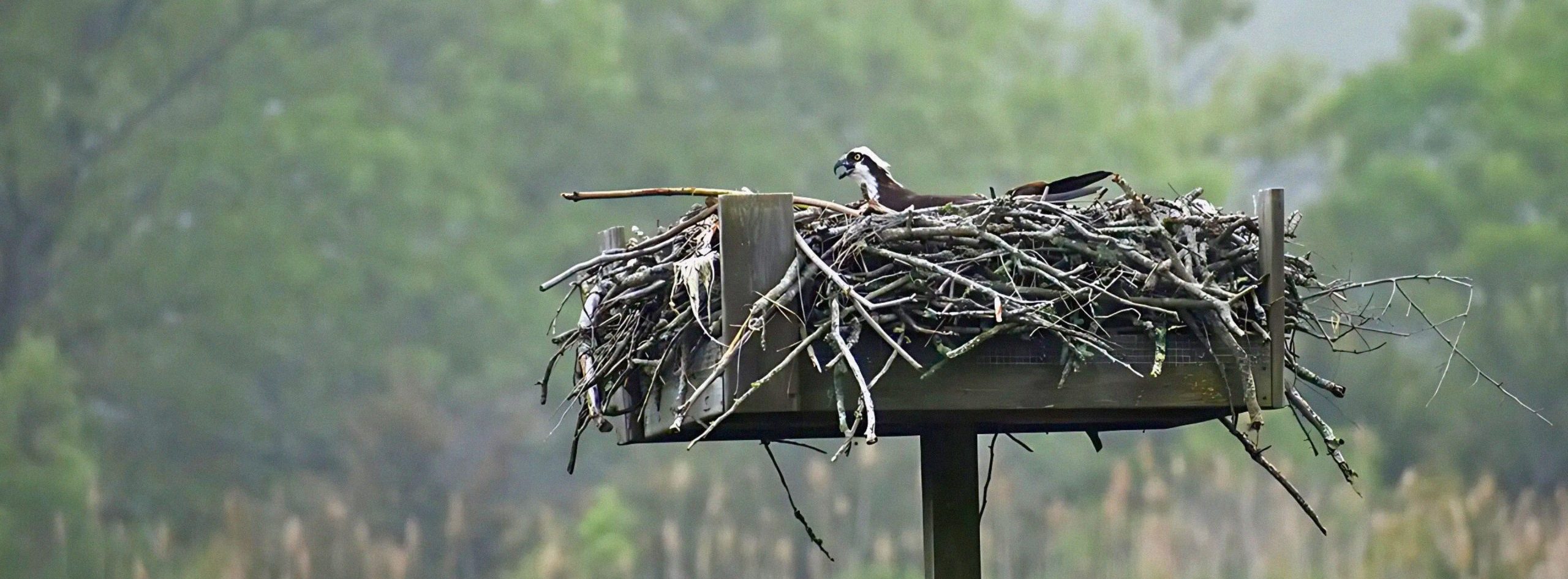
WELCOME TO IoEE
How We Work
The Institute of the Environment and Energy (IoEE) at UConn brings together the expertise and passion of scientists and scholars across the University to address some of the most pressing challenges and grandest opportunities society faces in the 21st century.
The work of IoEE starts internally, through collaborations with the University’s operational units to ensure that our institutional commitments to sustainability and green infrastructure are essential values that guide decision-making. Administratively, IoEE currently comprises more than 170 faculty members and includes five administrative units: the Center for Environmental Sciences & Engineering (CESE), the Eversource Energy Center (EEC), the Natural Resources Conservation Academy (NRCA), the New England Thriving Communities Technical Assistance Center (TCTAC), and the Office of Sustainability (OS).
IoEE works to advance foundational understanding and develop innovative solutions to pressing environmental challenges, to prepare the next generation as adept and agile members of a 21st century workforce, and to inform and engage the public about what are arguably the existential issues of our time. Solving environmental problems related to climate change, sustainability, food security, pollution, and species extinction requires an interdisciplinary approach that leverages expertise from diverse disciplines across the natural sciences, social sciences, and humanities. It requires consideration of multiple angles, from biophysical to cultural, and from legal to health perspectives.
Our Centers & Team
What We Do

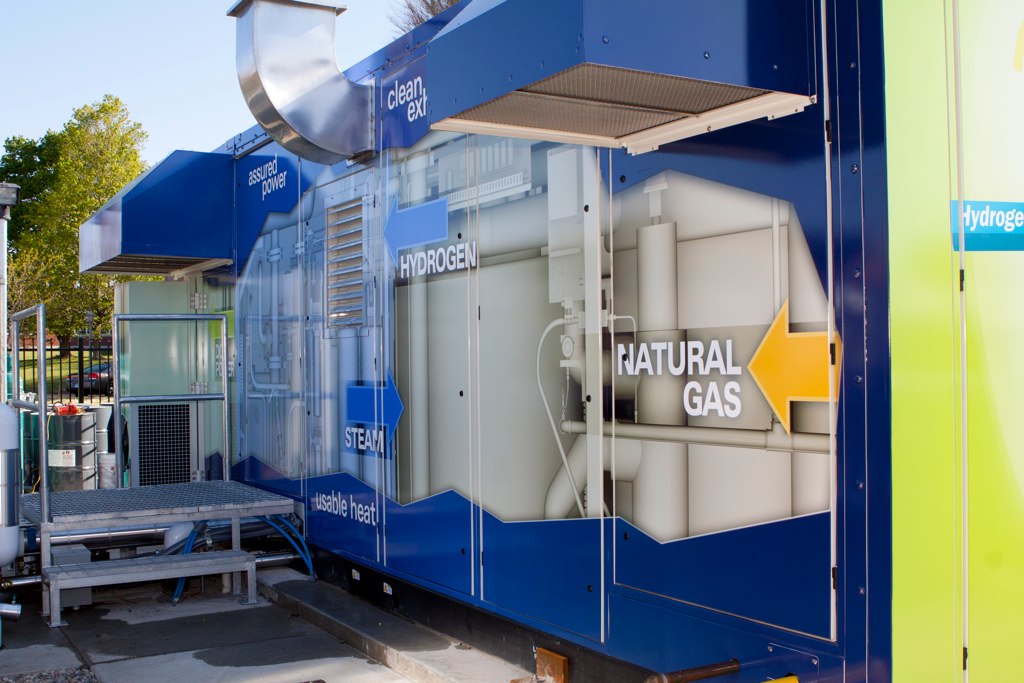
The Institute of the Environment and Energy (IoEE) at UConn brings together the expertise and passion of scientists and scholars across the University to address some of the most pressing challenges and grandest opportunities facing society in the 21st century.
Empowering Solutions for a Sustainable Future.


The work of IoEE starts internally, through collaborations with the University’s operational units to ensure that our institutional commitments to sustainability and green infrastructure are essential values that guide decision-making. Administratively, IoEE currently comprises more than 170 faculty members and includes five administrative units: the Center for Environmental Sciences & Engineering (CESE), the Eversource Energy Center (EEC), the Natural Resources Conservation Academy (NRCA), the New England Thriving Communities Technical Assistance Center (TCTAC), and the Office of Sustainability (OS).


IoEE works to advance foundational understanding and develop innovative solutions to pressing environmental challenges, to prepare the next generation as adept and agile members of a 21st century workforce, and to inform and engage the public about what are arguably the existential issues of our time. Solving environmental problems related to climate change, sustainability, food security, pollution, and species extinction requires an interdisciplinary approach that leverages expertise from diverse disciplines across the natural sciences, social sciences, and humanities. It requires consideration of multiple angles, from biophysical to cultural, and from legal to health perspectives.
-

The UConn-led NERR will apply the funds to significant improvements at the popular park, supporting habitat and restoration
-

Backed by a grant from the NSF, WISER was established in 2023 to apply the research and expertise at UAlbany and UConn to solve challenges related to energy systems
-

‘Restoring blue carbon ecosystems is far more than just carbon storage, it can also help bring coral reefs back to life’
- category: sustainability
- columns: 3
- pictures: on
- number-of-posts: 3
- read-more-text: Read More
- show-excerpt: on
- safe-fetch: 1
- attempted-request: https://today.uconn.edu/wp-rest/wp/v2/posts?category-name=sustainability&posts_per_page=3&adjacent-posts=true&_embed
